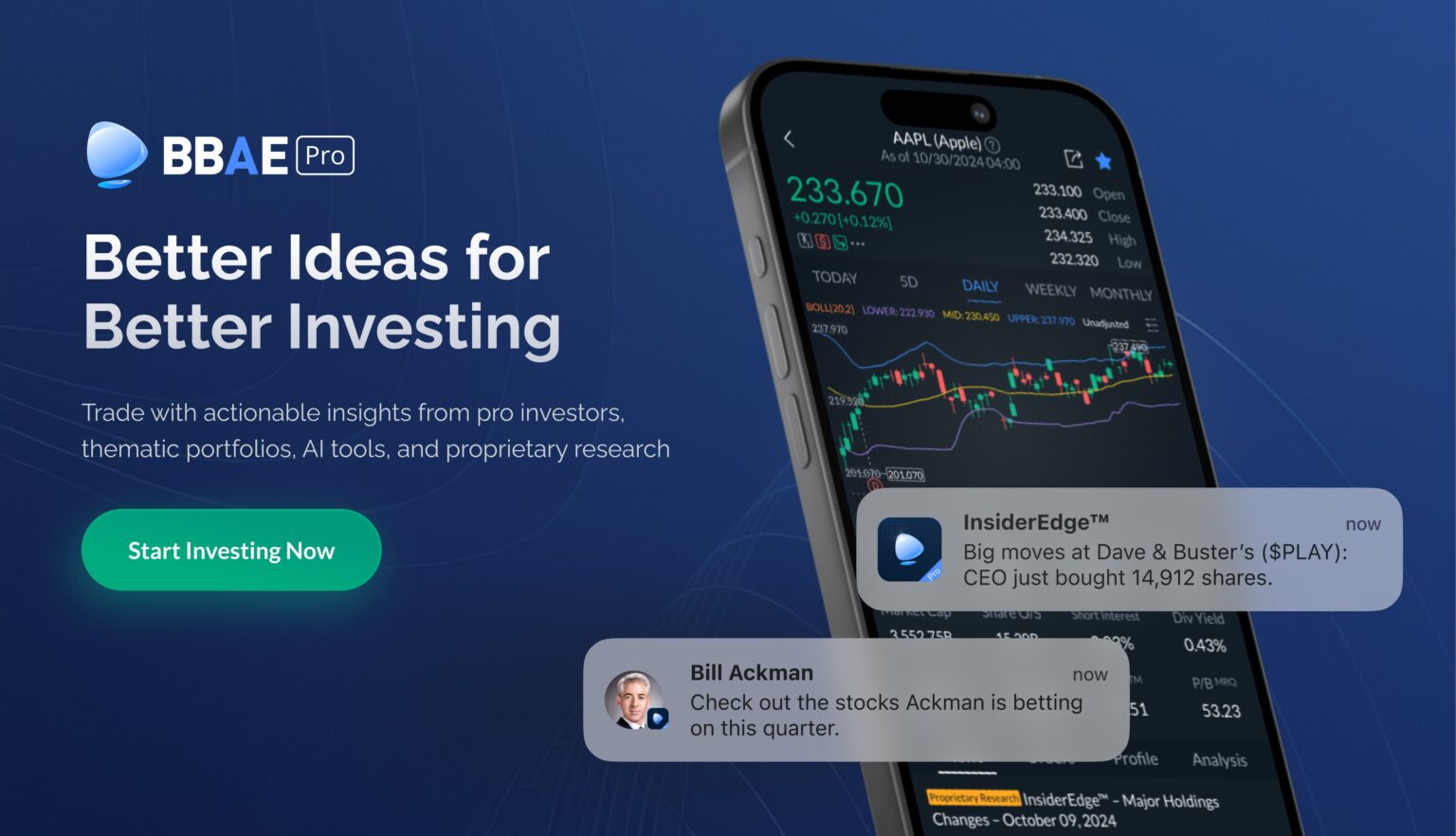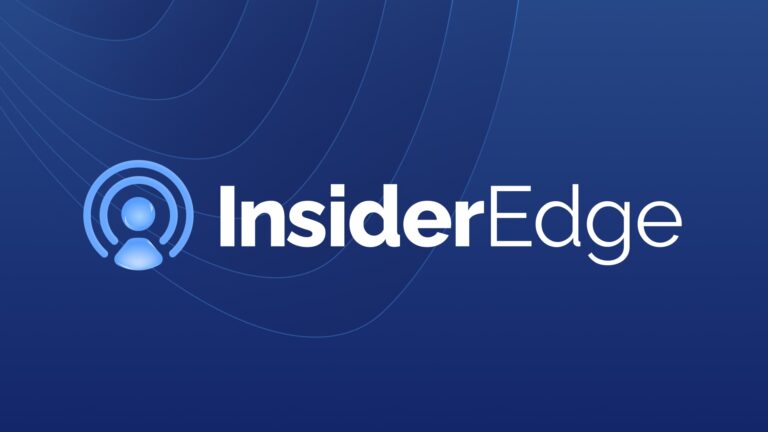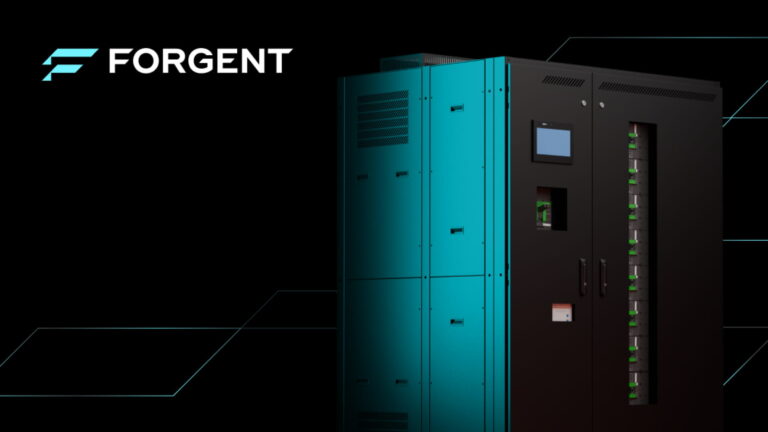Trump’s New Order Gives Lift to eVTOL Industry
Since taking office, President Donald J. Trump has made decisions that strongly impact specific industries. His policies on tariffs reshaped global trade, and his executive order on nuclear energy gave a boost to that sector. Now, his focus has turned to drones and electric Vertical Takeoff and Landing (eVTOL) aircraft.
On June 6, President Donald J. Trump issued a new executive order aimed at accelerating the growth of the electric Vertical Takeoff and Landing (eVTOL) industry. The order directs the FAA to fast-track approvals for advanced drone operations and launch a pilot program to integrate eVTOL aircraft into U.S. airspace. It also calls for a roadmap to safely incorporate autonomous and unmanned vehicles while removing regulatory barriers that have slowed innovation.
The policy emphasizes domestic manufacturing and encourages the export of U.S.-made aerial technologies, signaling strong federal support for urban air mobility. By speeding up FAA approvals and advancing integration into the National Airspace System, the order reduces uncertainty for companies preparing to launch air taxi services.
The White House plans to select at least five pilot projects—such as cargo delivery or medical evacuation routes—to kick-start real-world operations. It also highlights the goal of strengthening the U.S. industrial base in a market currently dominated by foreign-made drones.
Publicly traded eVTOL companies stand to benefit from this friendlier regulatory climate and potential government support. Below is a breakdown of key players in the sector, covering their missions, development stages, major partners, and recent milestones as the industry moves closer to takeoff.
Joby Aviation ($JOBY)
Joby Aviation, based in California, is one of the frontrunners in the eVTOL sector, developing a piloted, five-seat air taxi with a targeted 150-mile range per charge. Its aircraft combines vertical takeoff with fixed-wing flight, designed for high-speed urban and regional travel. Joby is far along in the FAA’s type certification process—recently completing stage four of five—and has been running test flights for several years, including pilot-on-board trials.
Joby has secured major public and private partnerships. Toyota is its largest outside investor, having contributed over $400 million and assisting with manufacturing setup. Delta Air Lines has also invested $60 million and plans to integrate Joby’s air taxis into its airport hubs. The U.S. Air Force is a key government backer through a $131 million Agility Prime contract, and two aircraft have already been delivered for evaluation. Internationally, Joby has partnered with Dubai’s Roads and Transport Authority and Skyports to launch air taxi services, with the first vertiport under construction at Dubai International Airport.
In 2024–2025, Joby raised more than $1 billion in funding, including a $250 million investment from Toyota. The company has demonstrated simultaneous test flights with multiple aircraft and unveiled its first production-representative air taxi. With final FAA certification expected by 2025 or 2026, and strong federal support for domestic manufacturers, Joby is well-positioned for commercial launch.
Archer Aviation ($ACHR)
Archer Aviation, also based in California, is developing a four-passenger eVTOL aircraft called “Midnight,” designed for short city-to-airport and regional routes. Midnight features 12 tiltrotors that enable vertical lift and efficient forward flight, with quick turnaround times for shuttle operations. The company completed over 400 test flights in 2024, including full winged cruise transitions, and is now in Phase 4—the final stage—of FAA certification.
Archer is building its first conforming Midnight aircraft at its Georgia manufacturing facility, with plans to produce at least two units per month by late 2025. Its commercial model is backed by key strategic partners. Stellantis (maker of Jeep and Chrysler) is co-manufacturing Midnight and has invested heavily. United Airlines has a conditional order for 100 aircraft and is collaborating on air taxi routes in cities like Chicago and New York. Boeing also became a stakeholder through a 2023 settlement with Wisk, and the U.S. Air Force signed a $142 million contract for aircraft delivery and testing.
Despite a short-seller attack in early 2025, Archer advanced to “for credit” FAA test flights and continued global expansion. It plans to launch air taxi service in Abu Dhabi in 2025, backed by a $200 million vertiport investment. A Japan Airlines-led consortium has also placed a provisional $500 million order. With over $1 billion in cash on hand, Archer is on track to begin commercial operations in the U.S. and UAE by 2025–2026, aligned with the federal push to fast-track U.S.-built aerial mobility technologies.
Blade Air Mobility ($BLDE)
Blade is a New York-based air mobility platform offering app-based helicopter and charter flights across urban and regional routes. Often described as the “Uber of the skies,” Blade doesn’t manufacture aircraft—it partners with operators and aims to transition its network to eVTOLs as they become available. Services include airport transfers (e.g. NYC to JFK), leisure routes (like Manhattan to the Hamptons), and medical transport for organ delivery.
Blade is already a revenue-generating operator, active in markets like New York, Miami, LA, Vancouver, and India. Its plan for electrification centers on partnerships: it has a purchase agreement for up to 20 ALIA-250 eVTOLs from Beta Technologies, with integration into Blade’s fleet expected to begin in 2025–2026. It also has an agreement with Wisk (a Boeing-backed autonomous eVTOL maker) for 30 self-flying aircraft. Blade and Beta have conducted key test flights in NYC, including a landing at JFK in June 2025, and are installing charging infrastructure at Blade’s terminals.
The company went public via SPAC in 2021 and has expanded through acquisitions in medical transport and European airport shuttle services. Recent quarterly results showed strong growth in core segments, and the company continues to upgrade its existing helicopter fleet with quieter, lower-emission models ahead of the eVTOL shift. With strong U.S. partnerships and infrastructure in place, Blade is positioned to quickly scale eVTOL service once aircraft receive FAA approval.
Surf Air Mobility ($SRFM)
Surf Air Mobility is a Los Angeles-based company working to electrify regional air travel by converting traditional aircraft to hybrid-electric power. Rather than developing a new eVTOL from scratch, Surf Air is retrofitting Cessna Grand Caravan aircraft using its proprietary EP1 powertrain, targeting FAA certification by 2027. While development continues, the company operates conventional commuter flights—including through its Southern Airways Express subsidiary—to support its model in real-world conditions.
Surf Air partners with magniX (electric motors), AeroTEC (engineering), and Textron Aviation, which supplies aircraft. A recent interline agreement with Japan Airlines marked its first international airline partner, linking Surf Air’s network with global routes. In late 2024, it secured $50 million in financing and began receiving aircraft deliveries. First-quarter 2025 revenue reached ~$23.5 million. The company is also introducing a new jet card program to attract higher-end travelers while advancing its electrification roadmap.
U.S.-Listed Foreign eVTOL Players
While the executive order focuses on U.S. airspace, domestic manufacturing, and national security interests, several U.S.-listed eVTOL companies based overseas could still be indirectly affected. These firms aren’t the primary targets of federal support but operate in a global ecosystem that responds to regulatory momentum in major markets like the U.S.
EHang Holdings ($EH), headquartered in China, became the first company worldwide to receive full regulatory approval for autonomous passenger drones. Its EH216-S aircraft is already conducting sightseeing flights in Asia, with expansion plans across Southeast Asia and Europe. Though restricted from U.S. entry due to foreign technology concerns, EHang’s early mover advantage could be further amplified if the U.S. accelerates drone export frameworks.
Eve Holding ($EVEX), spun out from Brazilian aerospace giant Embraer, is developing both aircraft and urban air traffic systems. It benefits from strong ties to U.S. firms like United Airlines and Blade, and may indirectly gain from U.S. policy shifts via Embraer’s long-standing presence in the American aerospace market.
Vertical Aerospace ($EVTL), based in the UK, is advancing toward EASA certification for its VX4 aircraft. The company’s large preorders from U.S.-based American Airlines and collaboration with global aerospace suppliers like Rolls-Royce, Honeywell, and Leonardo position it as a serious international contender. While its focus is primarily the UK and EU, Vertical could still benefit from increased global interest in Western-built eVTOLs driven by changing U.S. export and aviation policies.
This article is for informational purposes only and is neither investment advice nor a solicitation to buy or sell securities. All investment involves inherent risks, including the total loss of principal, and past performance is not a guarantee of future results. Always conduct thorough research or consult with a financial expert before making any investment decisions. BBAE has no position in any investment mentioned.











